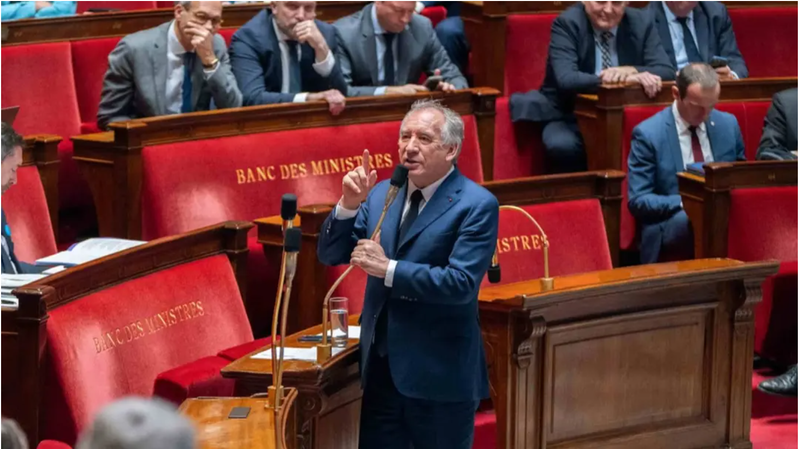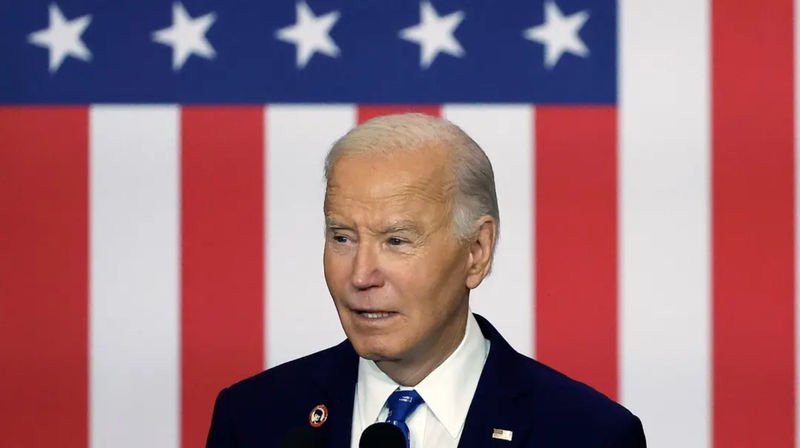UK Court Denies Scotland's Independence Referendum
On Wednesday, the UK Supreme Court unanimously ruled that Scotland cannot hold a second independence referendum next year, known as Indyref2, without the UK government's consent.

Facts
- On Wednesday, the UK Supreme Court unanimously ruled that Scotland cannot hold a second independence referendum next year, known as Indyref2, without the UK government's consent.
- The five-justice panel judging the case argued that a re-run of the process used in the 2014 referendum — approved by Westminster — would be necessary, with temporary powers granted under Section 30 of the 1998 Scotland Act.
- This comes as the Lord Advocate – the Scottish Government's top law officer – asked the court to rule on whether holding a referendum fell within devolved legislative competence. First Minister Nicola Sturgeon had planned to hold a second vote on independence on Oct. 19, 2023.
- Sturgeon vowed to accept this decision and respect the rule of law, remarking that the Scottish path to independence must be "lawful and democratic," but she also declared her will to make the 2024 general election a "de facto" Indyref2.
- Opinion polls indicate that Scots remain evenly split on whether to leave the UK – a move that would break a political union with England that dates back to 1707 – despite historically rejecting the ruling Conservative Party and heavily voting against Brexit.
- More than 3.6M people turned out in 2014 to answer the question, "Should Scotland be an independent country?" with 55.3% voting against it and only four out of 32 council areas supporting independence.
Sources: BBC News, Herald Scotland, Scotsman, Independent, CNN, and Guardian.
Narratives
- Narrative A, as provided by Telegraph. Although this Supreme Court decision was obvious to anyone who has already read the Scottish Act – or at least Holyrood's website – it could put an end to the Scottish Government's squandering of time and taxpayers' money. After years of discussing flags, it's time to focus on real issues, such as health, education, and the economy.
- Narrative B, as provided by Scotsman. Contrary to the perception that the UK is a voluntary partnership, Scotland is legally prohibited from choosing its own future without Westminster's permission. Scottish nationalists are fighting not only for independence but also for democracy and their right to self-determination.
- Narrative C, as provided by Herald. Holyrood should have acted as a real parliament by approving Indyref2 without requesting approval to implement their democratic mandate, especially not from a court in London. After leading the national movement to a dead-end, the Scottish Government must now find another way forward.






